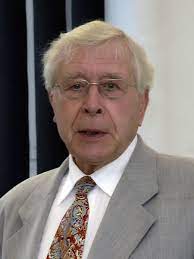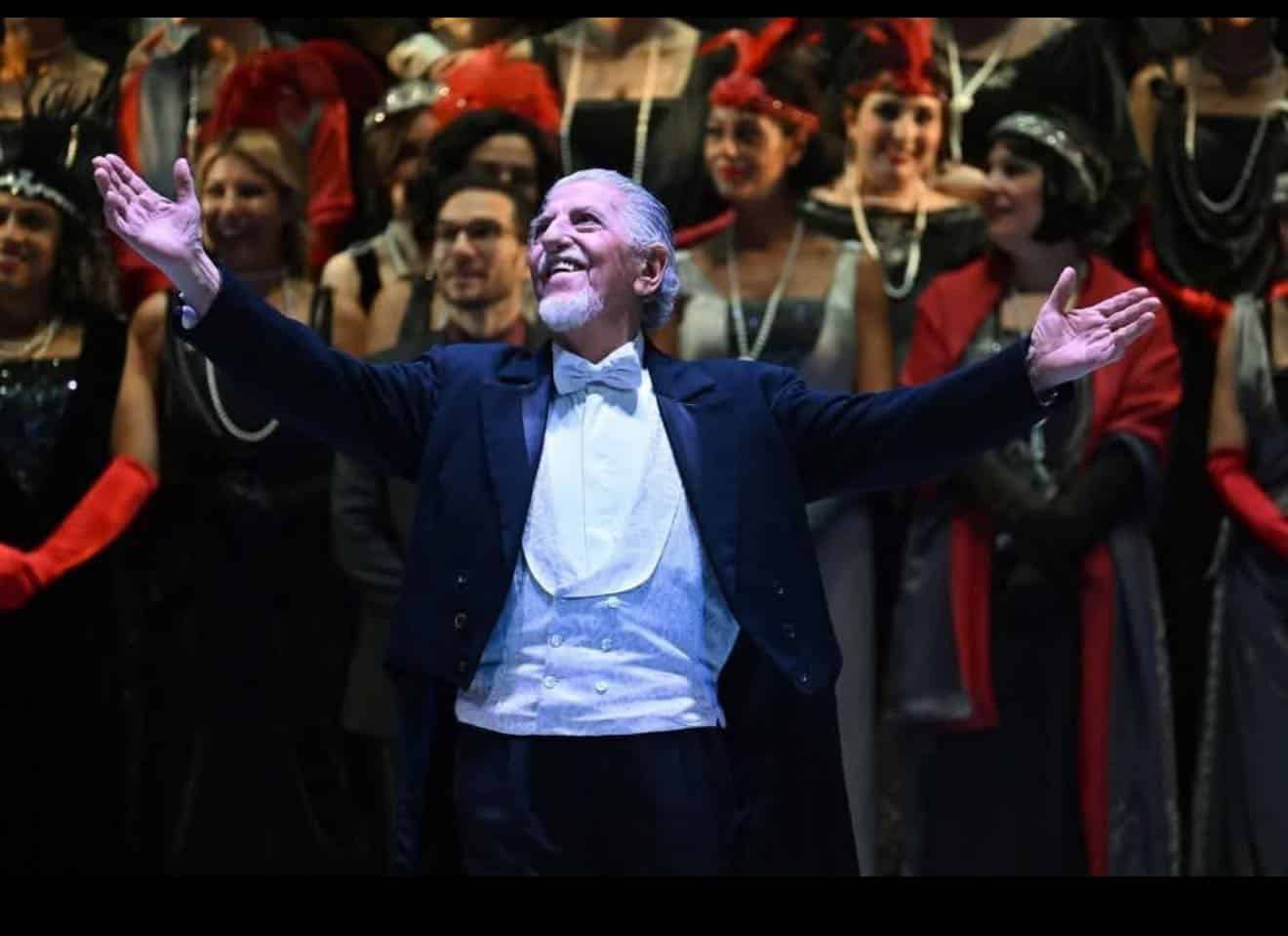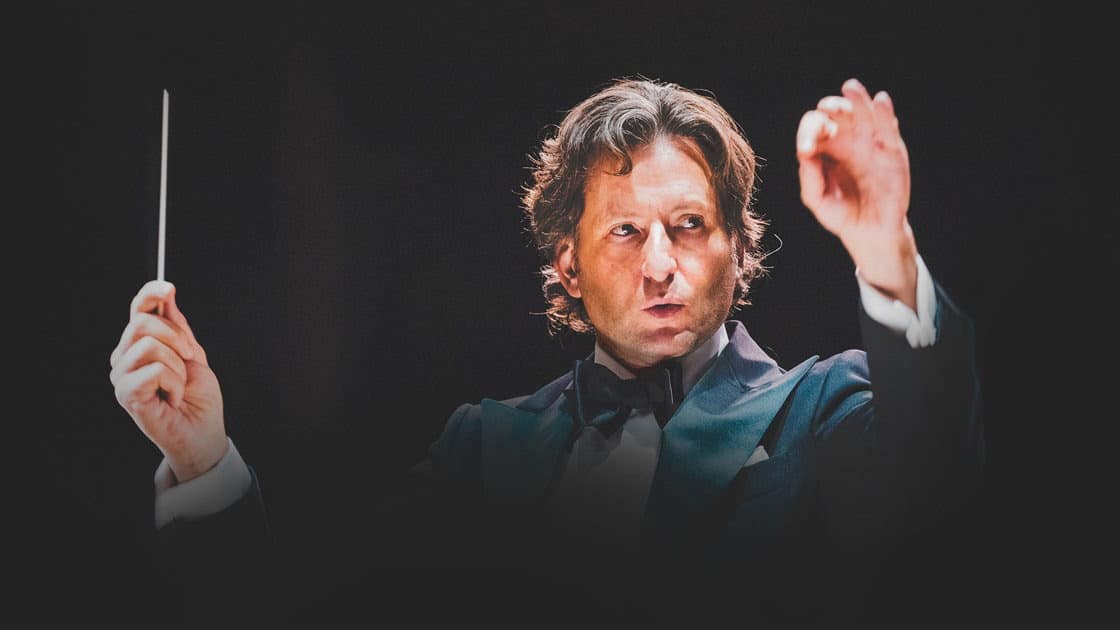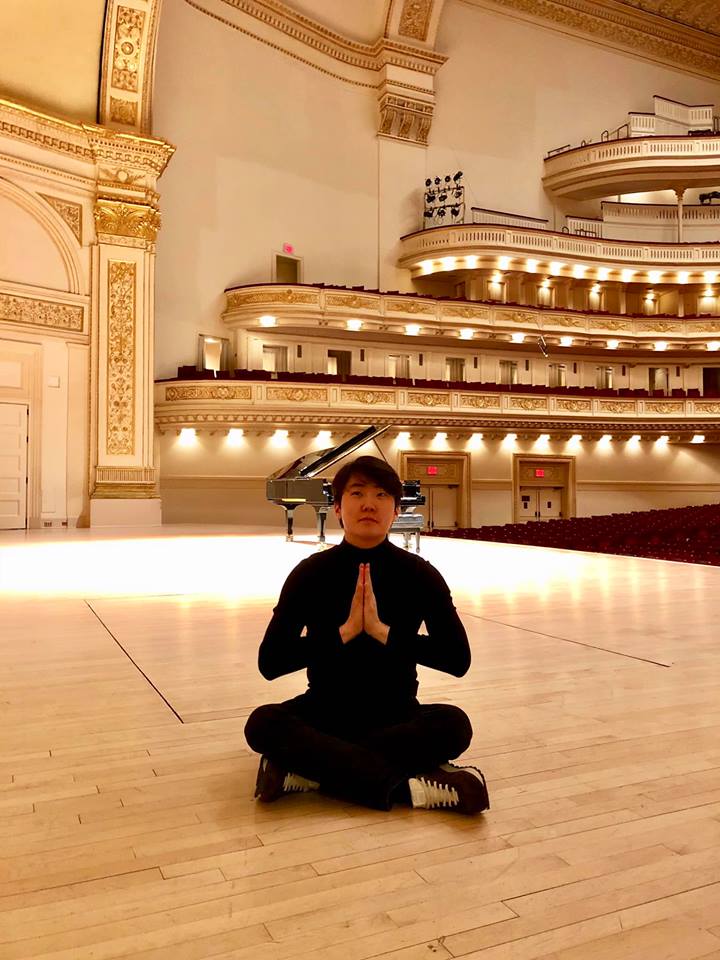Mourning for eminent Brahms scholar
RIPThe ground-breaking researcher Kurt Hofmann, founder (with his wife Renate) of the Brahms Institute at Lübeck and the museum at Meiningen Schloss, has died in his sleep at the age of 92.
Colleagues say his enthusiasm was irresistible.






Comments